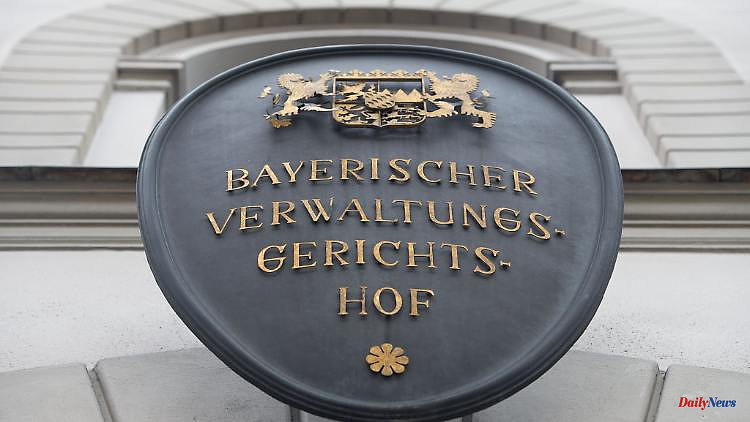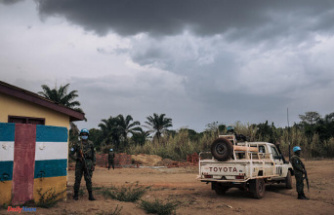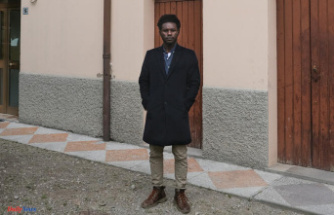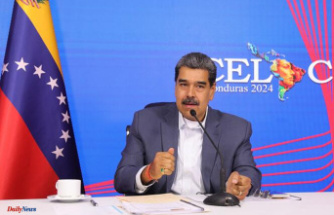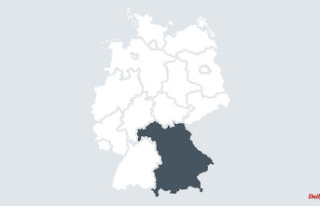Ansbach (dpa / lby) - The Bavarian administrative courts have largely processed the mountain of asylum procedures from the refugee movement in the years after 2014. At the end of 2018, 41,000 of the more than 80,000 asylum procedures were still open in Bavaria, said the President of the Bavarian Administrative Court (VGH), Andrea Breit, on Wednesday in Ansbach. For the end of 2022, she assumes that 11,000 procedures will still be awaiting a decision.
In 2021 alone, however, 11,500 new procedures were added. She did not provide any information about the outcome of the proceedings.
The majority of the numerous administrative court disputes about corona protection measures were based on the existing laws and regulations, said Breit. "In the vast majority of cases, the decisions of the Free State have held," said Breit.
A total of 1,600 corona proceedings were pending at the Administrative Court alone, with an additional 3,500 more at the current six administrative courts in Augsburg, Ansbach, Bayreuth, Munich, Regensburg and Würzburg. The administrative courts had to make 1,250 decisions within just a few months on the question of the recovered status in the corona pandemic alone, said Breit.
Administrative courts in Bavaria are currently in a process of restructuring. The currently 21 senates of the Bavarian Administrative Court are spread over two locations - Munich and Ansbach. The number of currently six senates at the Ansbach location is to be increased to eight or nine. In Munich, with a constant number of senates, 12 to 13 senates would remain. A seventh administrative court is to be set up in Freyung.
Administrative courts are always in demand when citizens question the legality of government decisions. It is often about the construction of roads, asylum procedures, civil servants or the right to demonstrate.

